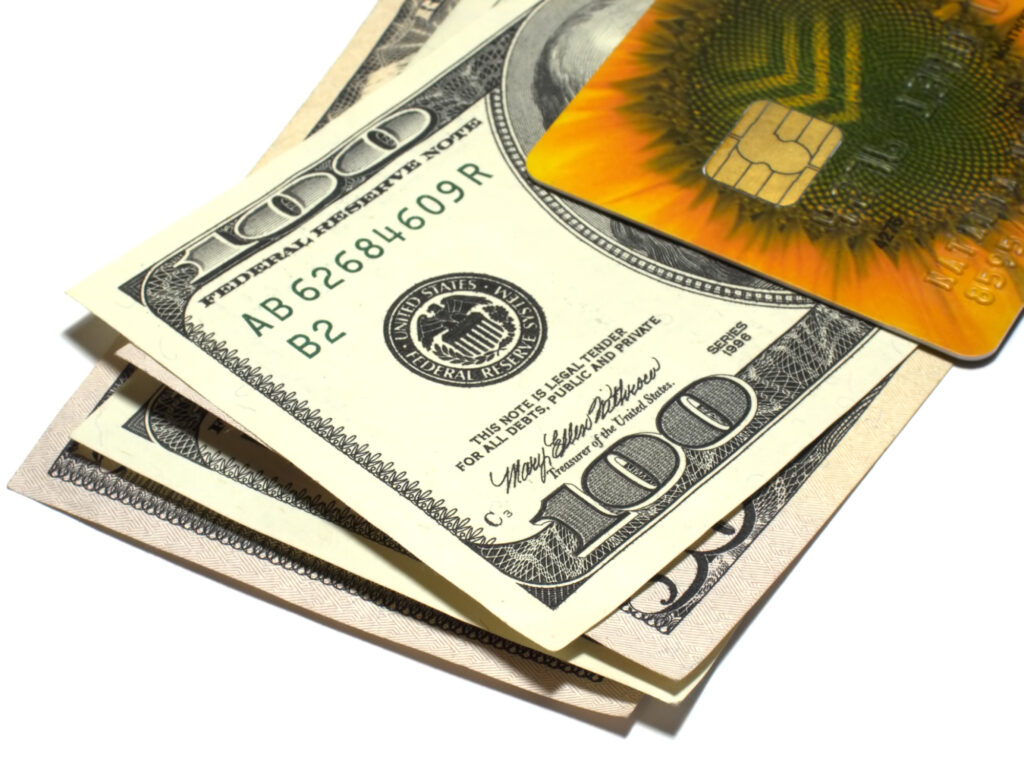One topic that is most commonly discussed in the payment processing industry is cash discounting and surcharging. More than ever merchants are looking for ways by which they can pass merchant processing costs onto their customers. A lack of understanding about these programs has been a significant impediment to adoption. This does not apply just to merchants; sales teams can be just as ill-equipped to go into details about these initiatives.
Even those experienced with selling cash discount merchant services or surcharging face an uphill battle with the type of misinformation and fear they must contend with.
Durbin Amendment
It all started with the Durbin Amendment of the Dodd-Frank Act in 2010. The rule was intended to reduce the interchange fees charged by payment processors for transactions paid by credit cards and have those savings passed on to the end consumer.
A specific section allowed merchants to offer cash discounts to promote payment modes other than credit cards, such as cash and checks.
Ironically, as an unintended consequence, the very option of cash discounting is now touted as a means to pass along interchange fees to the end consumer.
What is Cash Discounting?
Cash discounting is when the merchant offers a discount on cash transactions based on the prices posted. For example, let’s say a merchant has posted a price for a cup of coffee at $5.00. If a customer decides to pay cash for that cup of coffee, he will get a discount of 4%. When paying by cash, the cost of that coffee is $4.80, a discount of 4% on the regular price of $5.00.

What is Surcharging?
For a surcharge, the merchant will charge on top of the regular price for transactions paid by credit cards. Using the same example of a coffee shop charging $5.00 for a cup, the merchant charges an extra 4% to customers paying by credit card to recoup for the interchange fees incurred on credit card transactions. The cost of that coffee when paying by credit card is $5.20.
The difference between the two is that customers pay less than the price posted in-store with cash discounting. With surcharging, customers pay more than the price posted. Different processors may use other terms, fee reversal, service charge, etc. The bottom line is, if merchants are charging their customers more than the regular price if they pay by credit card, that’s a surcharge!
It all boils down to
The crux of the difference between a cash discount and a surcharge is the merchant’s regular price. According to the Truth in Lending Act, the regular price is the price available if only one price is quoted. So think of the prices on store shelves, restaurant menus, etc. So if a coffee shop posts a price of $5.00, cash-paying customers would have to pay less than that for it to be considered a cash discount. If that is not the case, it is classified as a surcharge.
Finally, surcharges are only applicable on credit cards. Discounts are available only on cash transactions. Debit cards are neither blessed nor cursed, depending on how you want to look at it.
What’s all the fuss about?
What sounds like a minor technicality carries significant repercussions, specifically for both state regulatory compliance and adhere to the terms and conditions set forth by merchant account providers.
Given the nature of how a merchant would post a price and what the consumer will pay determines how the program will be classified. If it is implemented as a surcharge, there are strict rules that merchants must adhere to. Surcharging is illegal in California, Colorado, Connecticut, Florida, Kansas, Maine, Massachusetts, New York, Oklahoma, Puerto Rico, Texas, and Utah.
In the states where surcharging is allowed, merchants must adhere to strict guidelines to implement a surcharge program. There must be sufficient notice to consumers informing them of the surcharge policies and would also need to be printed on the credit card receipt.
Merchants must also inform the payment networks of their intention to implement a surcharge program at least 30 days before it is initiated. Failure to appropriately disclose surcharging to all payment brands can result in the cancellation of the merchant account.
Will regulators step in?
There are drawbacks to using cash. Some would argue that cash is an antiquated system that burdens transactions rather than facilitating them. Consider that used cars are usually paid for in cash. If cash isn’t available at that very moment, a transaction may never happen. Add to that the risks of theft, counterfeit currencies, or shortages.
Governments’ prerogative is to promote digital cashless transactions to reduce costs associated with currency notes and coinage. More importantly, a shift away from cash can reduce the informal economy and increase the tax base.
Furthermore, the Durbin Amendment was intended to benefit consumers with lower interchange fees passed onto them. There is proof that payment processors and acquiring banks have been impacted by lower interchange fee revenue. However, there is scant proof that the law has benefited consumers.
Instead, cash discounting and surcharging are disincentivizing the trends towards cashless transactions and the economy. Although regulatory risks to cash discounting and surcharging are muted, any outsized traction in the industry is currently being balanced by such risks.
There is a lot of interest among merchants to pass along their interchange costs onto their clients. As a result, payment processing options such as cash discounting and surcharges garner a lot of attention. There is still too much misinformation and fear surrounding this relatively new iteration within the industry.
According to many experts, these plans aren’t going away anytime soon. In fact, given the interest by merchants and the industry trends, many sound off that won’t be long before all card transactions, including debit cards, are surcharged. It is essential to stay within the legal framework and gain as much knowledge about these initiatives as they remain rapidly fluid.
